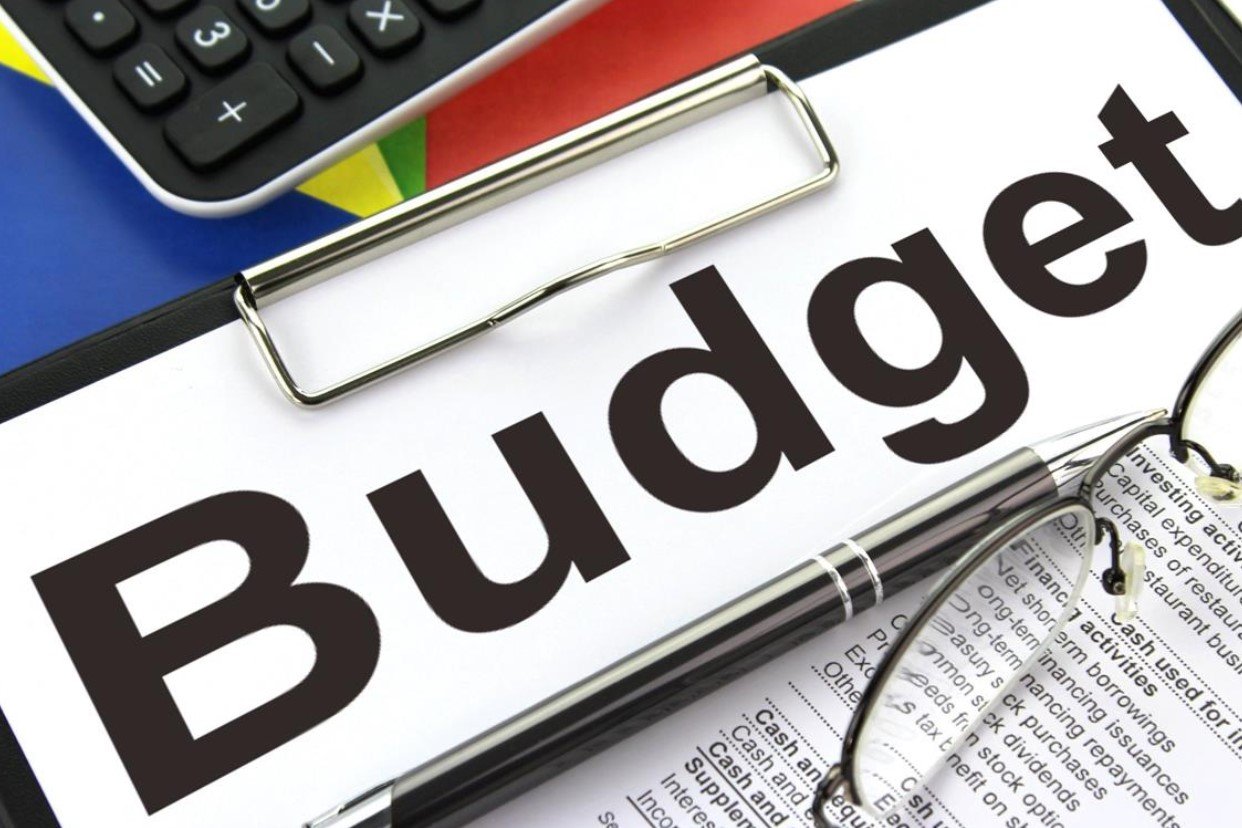The Finance Minister Nirmala Sitharaman has presented the interim budget 2024 on February 1, ahead of the general elections. The interim budget outlines the expenditure and revenue estimates for the first four months of the next fiscal year, until the new government presents the full budget. The interim budget also gives a glimpse of the government’s vision and priorities for the economy and the society. In this article, we will look at the key highlights and implications of the interim budget for the businesses and startups in India.

Tax relief and incentives for businesses and startups
One of the main focus areas of the interim budget is to provide tax relief and incentives for the businesses and startups in India, especially the small and medium enterprises (SMEs) and the micro, small and medium enterprises (MSMEs). Some of the tax relief and incentives announced by the Finance Minister are:
- The corporate tax rate for companies with turnover up to Rs 400 crore has been reduced from 30% to 25%, benefiting 99.3% of the companies in India.
- The turnover limit for presumptive taxation for businesses has been increased from Rs 1 crore to Rs 2 crore, allowing more businesses to opt for a simpler tax regime.
- The threshold for tax audit for businesses has been increased from Rs 5 crore to Rs 10 crore, provided they carry out at least 95% of their transactions digitally.
- The capital gains exemption for startups under Section 54GB has been extended till March 31, 2026, and the eligibility criteria has been relaxed to include companies with turnover up to Rs 100 crore.
- The deduction for investment in startups under Section 80-IAC has been extended till March 31, 2026, and the condition of minimum holding of 50% of shares has been removed.
- The tax holiday for startups under Section 80-IAC has been extended from 3 consecutive years to 5 consecutive years, out of the first 10 years of incorporation.
- The tax exemption for interest income from external commercial borrowings (ECBs) or foreign investments for affordable housing projects has been extended till March 31, 2026.
These tax relief and incentives are expected to boost the growth and profitability of the businesses and startups in India, and encourage more entrepreneurship and innovation in the country.
Infrastructure and digital development for businesses and startups
Another key focus area of the interim budget is to provide infrastructure and digital development for the businesses and startups in India, especially in the areas of transportation, communication, and e-commerce. Some of the infrastructure and digital development initiatives announced by the Finance Minister are:
- The National Infrastructure Pipeline (NIP) has been launched, which will involve an investment of Rs 111 lakh crore over the next five years, in various sectors such as roads, railways, ports, airports, power, urban, rural, and industrial infrastructure.
- The National Highways Authority of India (NHAI) has been authorized to monetize 12 lots of highway bundles, covering over 6,000 km, before 2024, through toll-operate-transfer (TOT) model or infrastructure investment trusts (InvITs).
- The Dedicated Freight Corridor (DFC) project has been fast-tracked, and the Western DFC and Eastern DFC will be commissioned by June 2022, which will enhance the freight capacity and connectivity of the railways.
- The Metro Rail projects have been expanded, and new technologies such as metro-lite and metro-neo have been introduced, which will provide low-cost and energy-efficient urban transportation solutions.
- The BharatNet project has been accelerated, and the optical fibre network will be extended to cover all the 2.5 lakh gram panchayats in the country by May 2023, which will provide high-speed broadband connectivity to the rural areas.
- The Production Linked Incentive (PLI) scheme has been extended to 13 sectors, which will provide incentives for domestic manufacturing and exports, and create global champions in various fields such as electronics, automobiles, textiles, food processing, and pharmaceuticals.
- The e-commerce sector has been given a boost, and the government has announced a Rs 1,500 crore scheme to promote digital payments and transactions, and a Rs 3,768 crore scheme to provide a digital platform for the MSMEs and startups.
These infrastructure and digital development initiatives are expected to improve the ease of doing business and the quality of life for the businesses and startups in India, and enable them to access new markets and opportunities in the country and abroad.
Social and environmental welfare for businesses and startups
The third key focus area of the interim budget is to provide social and environmental welfare for the businesses and startups in India, especially in the areas of health, education, and climate change. Some of the social and environmental welfare measures announced by the Finance Minister are:
- The Pradhan Mantri Aatmanirbhar Swasth Bharat Yojana (PMASBY) has been launched, which will involve an outlay of Rs 64,180 crore over the next six years, and will strengthen the primary, secondary, and tertiary health care systems in the country, and support the prevention, detection, and treatment of various diseases.
- The National Education Policy (NEP) 2020 has been implemented, which will transform the education system in the country, and provide universal access, quality, equity, and inclusion in the school and higher education sectors.
- The National Research Foundation (NRF) has been established, which will provide a grant of Rs 50,000 crore over the next five years, and will support the research and innovation activities in various fields such as science, technology, engineering, humanities, and social sciences.
- The National Hydrogen Energy Mission (NHEM) has been announced, which will generate hydrogen from green power sources, and use it for various applications such as transportation, industry, and cooking.
- The Voluntary Vehicle Scrapping Policy (VVSP) has been introduced, which will phase out the old and unfit vehicles, and reduce the vehicular pollution and fuel consumption in the country.
These social and environmental welfare measures are expected to enhance the well-being and sustainability of the businesses and startups in India, and help them to contribute to the social and environmental goals of the country.


















